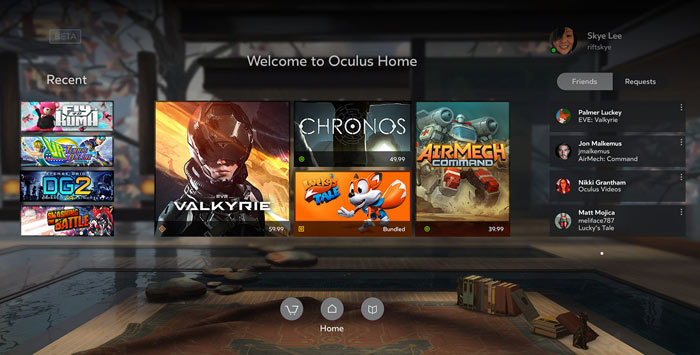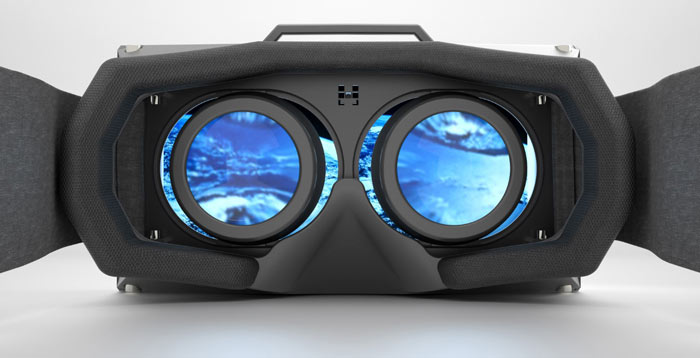In April we reported on a 'proof of concept' program which allowed software that was previously exclusive to the Oculus Rift to run on the rival HTC Vive VR system. Once patched it was found that several Oculus-only titles were eminently useable/playable on the HTC Vive, and the signature Oculus Dreamdeck application was said to be even better on its rival's hardware. Now it is obvious that Oculus didn't like a rival firm enjoying the fruits from its walled garden and brought out a 'security patch' to make such activities more difficult. However, the move has backfired…

Last week Oculus released its v1.4 security patch. As reported by Kotaku, the patch included extra security which checks whether an Oculus Rift headset is connected as a game or app launches. This move stopped the aforementioned patch/hack program 'Revive' from working.
Unfortunately, in order to make Revive functional again, the developer has had to take steps that will make piracy of Oculus games much easier. Talking to Motherboard magazine, Revive creator, Libre VR, explained that "the original version of Revive simply took functions from the Oculus Runtime and translated them to OpenVR calls... the new version of Revive now uses the same injection technique to bypass Oculus' ownership check altogether. By disabling the ownership check the game can no longer determine whether you legitimately own the game."

It’s a step that Libre VR didn't want to take but at the moment it is the only solution to the security patch v1.4 feature of blocking of rival VR hardware. The Revive developer asserted that he doesn't support piracy and asked users of his software to please "do not use this library for pirated copies".
It must be remembered that Oculus founder, Palmer Luckey, said in a Reddit discussion only five months ago, "If customers buy a game from us, I don't care if they mod it to run on whatever they want." That statement is proving to be misleading in the face of the security features added to Oculus patch v1.4.













